Q&A: HPI, Hugh Horne Debut New Player in Self-Storage
HPI Real Estate's Jon Erickson revealed HPI Horne Storage's reason for entering the self-storage business and provided insight on the joint venture’s plans.
By Evelyn Jozsa
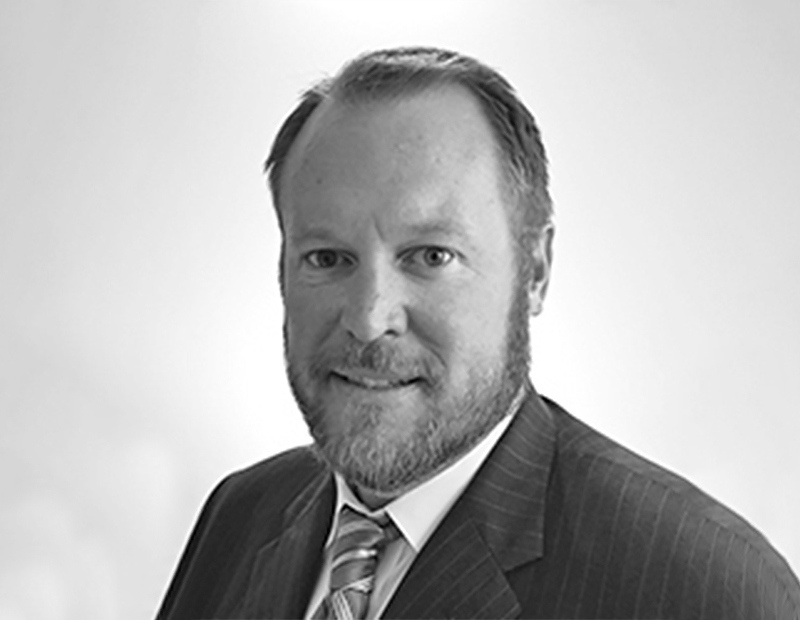
Jon Erickson, strategic investment partner, HPI (Image courtesy of HPI Real Estate Services & Investments)
HPI Horne Storage, a joint venture between HPI Real Estate Services & Investments and industry veteran Hugh Horne, has recently closed on its first self-storage development project in San Antonio. The joint venture plans to build a national portfolio of more than 20 facilities in the next three to five years. Jon Erickson, strategic investment partner of HPI, revealed the reason behind the venture’s decision to enter the self-storage business in an interview for Commercial Property Executive. He also explained why San Antonio is a valuable investment market.
What are the reasons that stood behind your decision to enter the self-storage business?
Jon Erickson: The self-storage industry was the top performing sector in total shareholder return from 1994-2017 for public equities. Storage tends to challenge many larger private market investors who attempt to access those returns because it is difficult to deploy capital in large amounts while creating value-add and opportunistic returns.
One of the challenges is the transaction size, as HPI Self Storage is projecting development prices of approximately $10 million—with $3-$3.5 million of equity—in most target markets, although this number can increase drastically—above 50 percent—in California and New York. Therefore, we are looking to build a national portfolio of institutional assets that will be attractive to larger institutional buyers. This opportunity was solidified through the partnership with Hugh Horne.
What makes the San Antonio self-storage market attractive?
Erickson: HPI Horne Storage is a partnership formed to develop, own and operate state-of-the-art self-storage facilities in select markets throughout the United States. We are looking for trade areas with strong demand indicators and San Antonio has provided a few great opportunities. With that said, there are definitely trade areas in San Antonio, as well as other markets we are developing, that we wouldn’t pursue given demand or supply concerns.
What is the number one demand driver in the San Antonio market? Why do you think this is?
Erickson: Broadly speaking, we think of sufficient demand in the context of high occupancies and increasing rents. San Antonio, along with all the markets we are pursuing in Florida, Colorado, California and others, provides a market with strong population growth, increasing rental rates and in-place rental rates that warrant new construction.
What are the current challenges in the self-storage sector and how can they be overcome?
Erickson: Two current challenges in the self-storage sector are finding good sites and getting them permitted. In trying to build a national portfolio across eight to 12 markets, we wouldn’t be able to miss the landmines if we didn’t have the expertise of Hugh Horne and his team. There are a lot of groups moving into new markets and relying on potential misleading indicators or lack of experience.
What are they key amenities that you consider adding to your developments?
Erickson: Our venture is open to whatever amenities best fit the site and needs of the municipalities. We have seen a lot of mixed-use storage uses and will selectively consider those on a deal by deal basis.
What other markets are part of your expansion plans?
Erickson: We currently have sites in San Antonio, Houston, Orlando and Tampa. Additionally, we have a few in Los Angeles, Denver and Dallas that we are currently negotiating. We have raised over $30 million of equity, with HPI Storage Fund I to fund the first eight to 10 developments, and will potentially have all that capital committed prior to the fourth quarter of 2018.

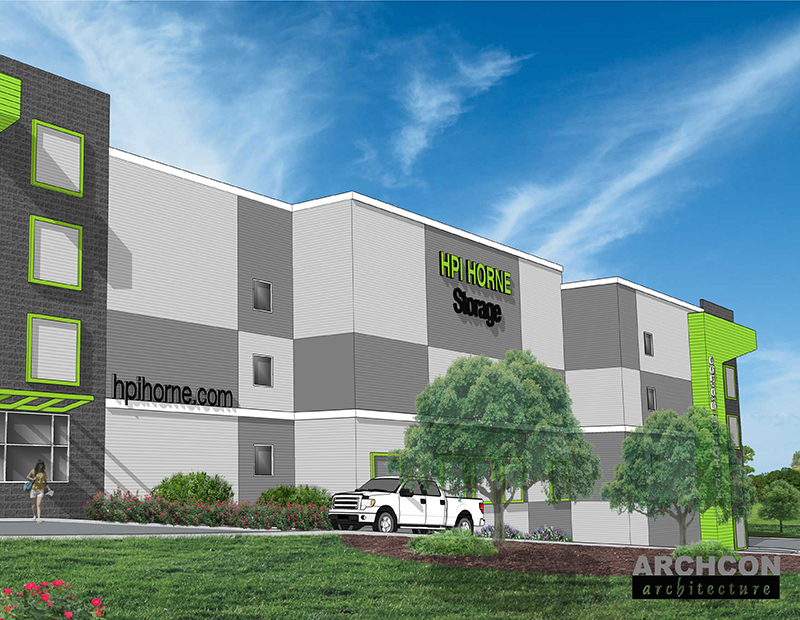
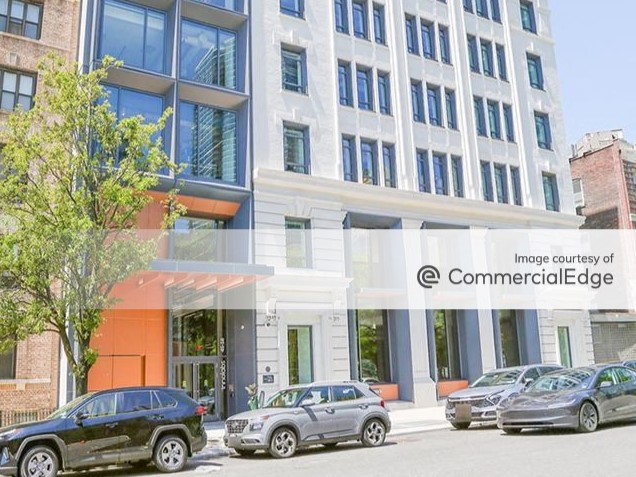
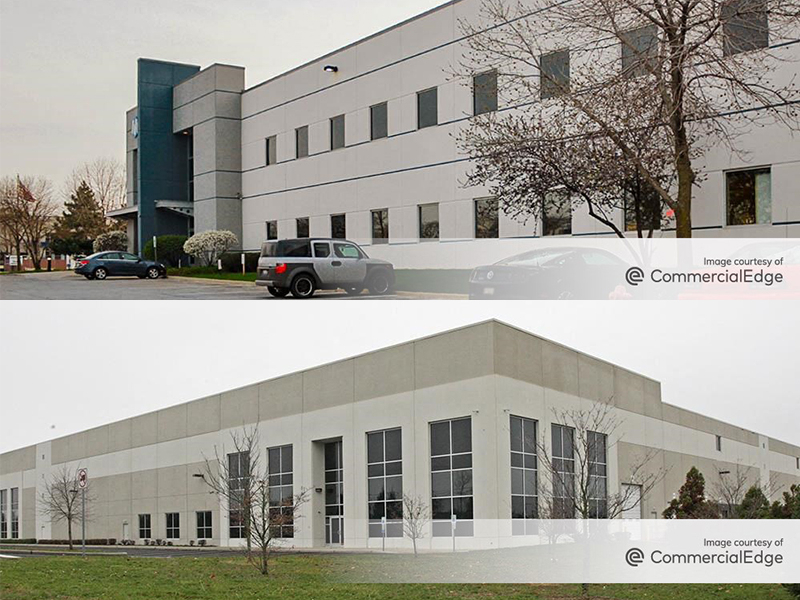
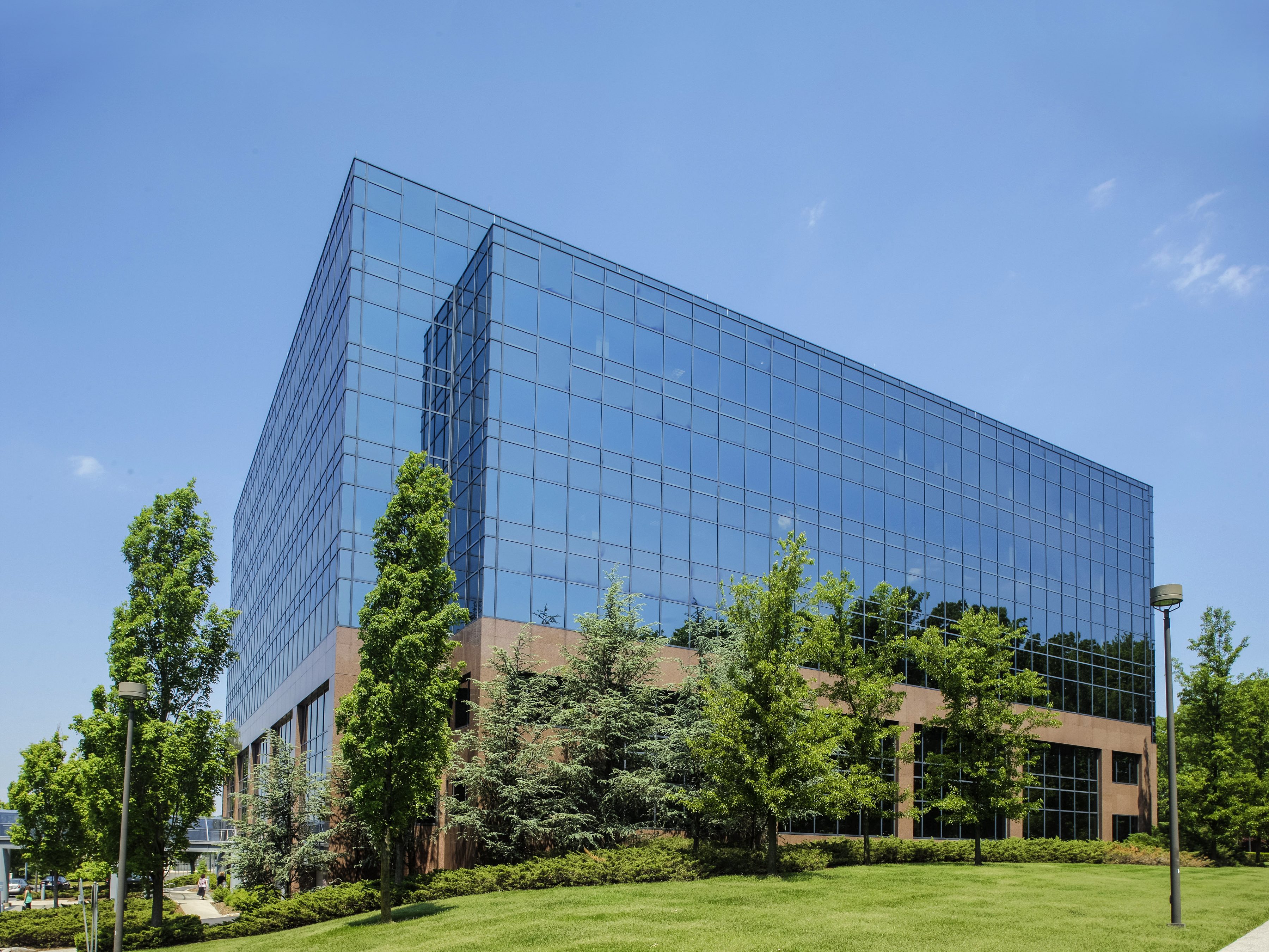


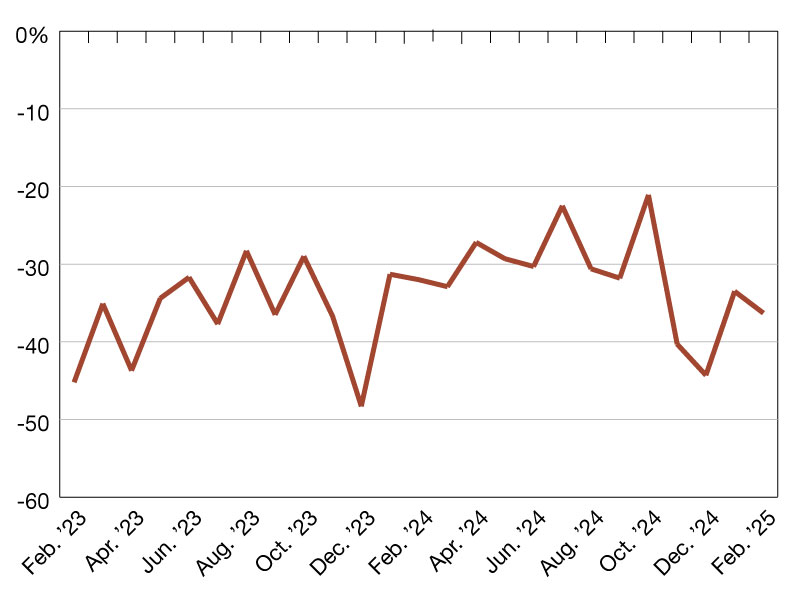
You must be logged in to post a comment.